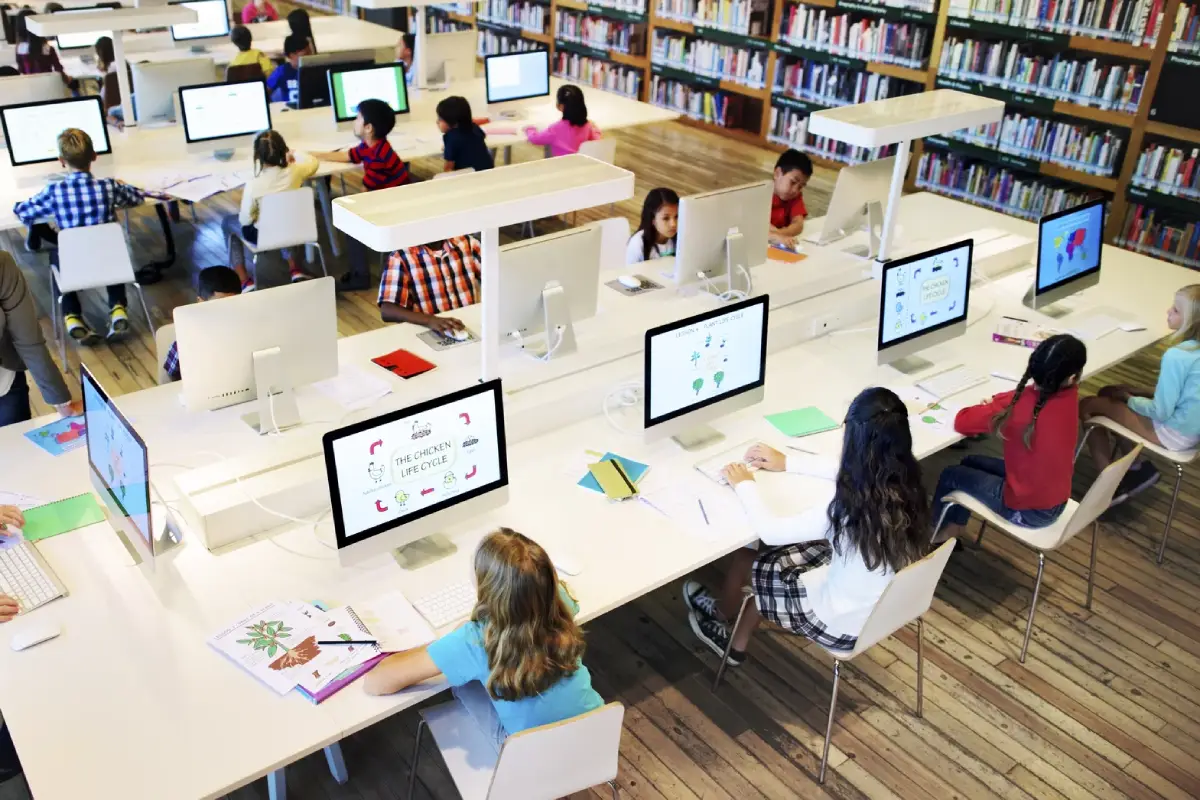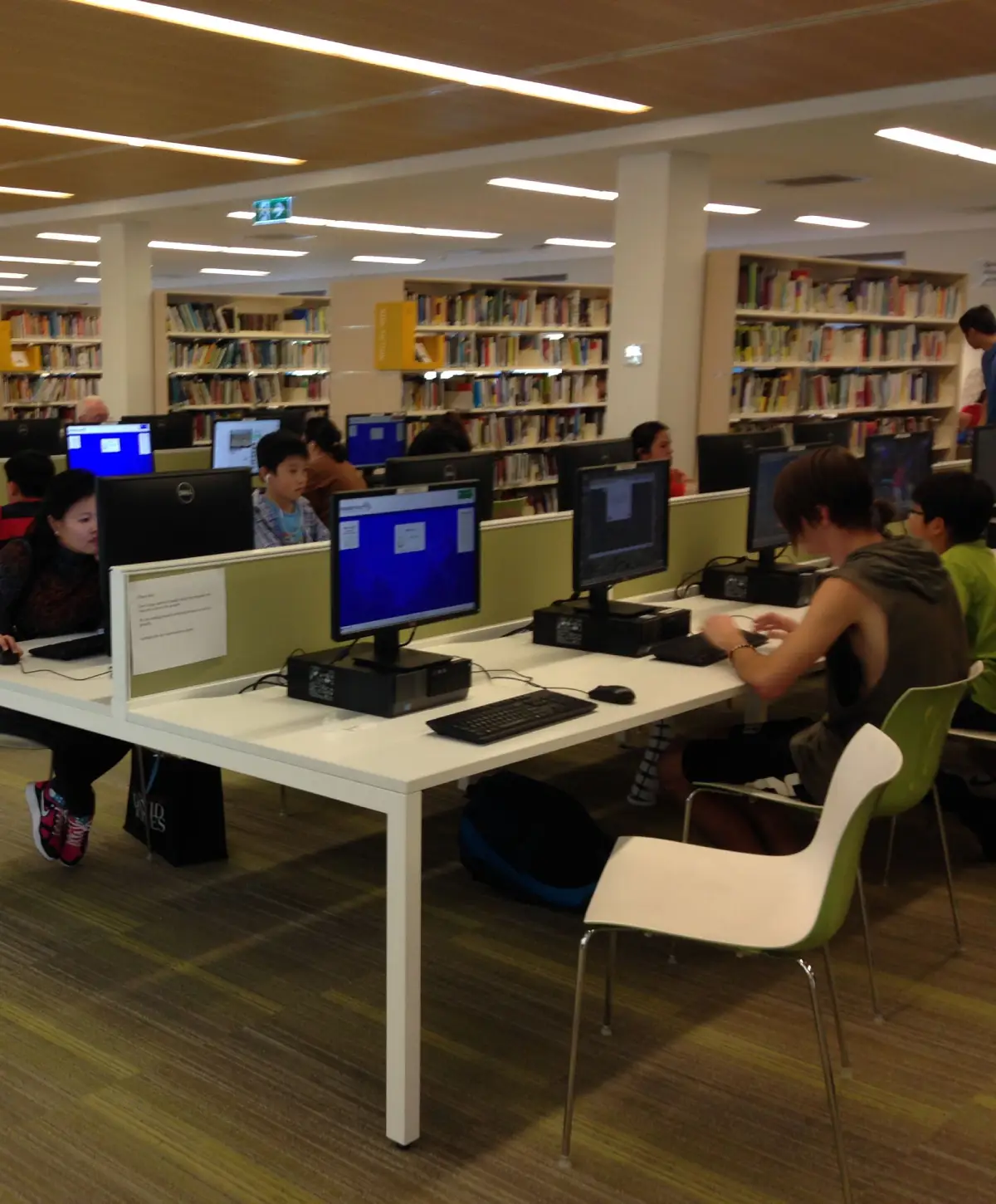
Background
Zanzibar’s education system faces several persistent challenges: overcrowded classrooms, limited teaching resources, teacher-centered pedagogy, and inadequate training in modern methodologies. Traditional “chalk and talk” methods—where teachers lecture and students memorize—continue to dominate, limiting creativity, participation, and real-world skill development.
The demand for quality, equitable, and relevant education is greater than ever. This project will serve as a blueprint for scalable reform that aligns with global education goals, including SDG 4: Quality Education.
Objectives
- Modernize Teaching Methodologies: Transition from passive instruction to interactive, participatory, and inquiry-based teaching.
- Empower Educators: Provide ongoing professional development in digital literacy, student-centered pedagogy, and inclusive education.
- Bridge the Digital Divide: Introduce low-cost, high-impact EdTech tools that are tailored for local contexts.
- Engage Communities: Involve parents, local leaders, and students in shaping and supporting educational innovation.
- Monitor & Evaluate: Develop a robust framework for measuring impact, student performance, and teacher effectiveness.
Key Components
Teacher Innovation Labs
- Monthly workshops and training sessions on modern pedagogy, child psychology, and digital tools.
- Peer-learning networks and mentorship programs.
Tech-Enabled Classrooms
- Introduction of tablets, projectors, and offline digital libraries (e.g., RACHEL, Kolibri).
- Solar-powered units for schools with limited electricity.
Curriculum Enrichment
- Integration of critical thinking, environmental education, entrepreneurship, and civic engagement.
- Culturally relevant content co-developed with local educators.
Community Learning Hubs
- Shared spaces for after-school programs, adult literacy, and digital skills training.
- Mobile learning vans to reach remote areas.
Evaluation & Research
- Baseline and endline assessments.
- Real-time feedback loops using mobile-based data collection tools.
Budget Overview (3-Year Plan)
| Category | Cost (USD) |
|---|---|
| Teacher Training & Development | $120,000 |
| Classroom Technology (Hardware + Software) | $150,000 |
| Curriculum Design & Content Creation | $40,000 |
| Community Engagement & Outreach | $30,000 |
| Infrastructure (Solar, Renovations) | $50,000 |
| Monitoring & Evaluation | $25,000 |
| Staff Salaries (Local Coordinators, Trainers) | $100,000 |
| Operational Costs (Transport, Admin, Materials) | $35,000 |
| Contingency (10%) | $55,000 |
| Total Estimated Budget | $605,000 |
Timeline
| Phase | Duration | Activities |
|---|---|---|
| Phase 1: Preparation | Months 1–3 | Needs assessment, stakeholder consultations, baseline study |
| Phase 2: Pilot Launch | Months 4–12 | Set up labs and hubs, initial training, begin classroom implementation |
| Phase 3: Scale & Optimize | Year 2 | Expand to additional schools, adapt tools, deepen community engagement |
| Phase 4: Evaluate & Sustain | Year 3 | Impact assessment, policy recommendations, sustainability planning |


Expected Impact
- 500+ teachers trained in modern teaching practices
- 10,000+ students experiencing engaging, relevant education
- 20 schools equipped with innovative learning tools
- Increased community participation in education
- Scalable model for nationwide replication
Partnerships & Sustainability
- Ministry of Education Zanzibar
- Local teacher colleges and universities
- EdTech organizations and solar solution providers
- International education NGOs and donors
Sustainability will be built through capacity building, open-source platforms, and local ownership.